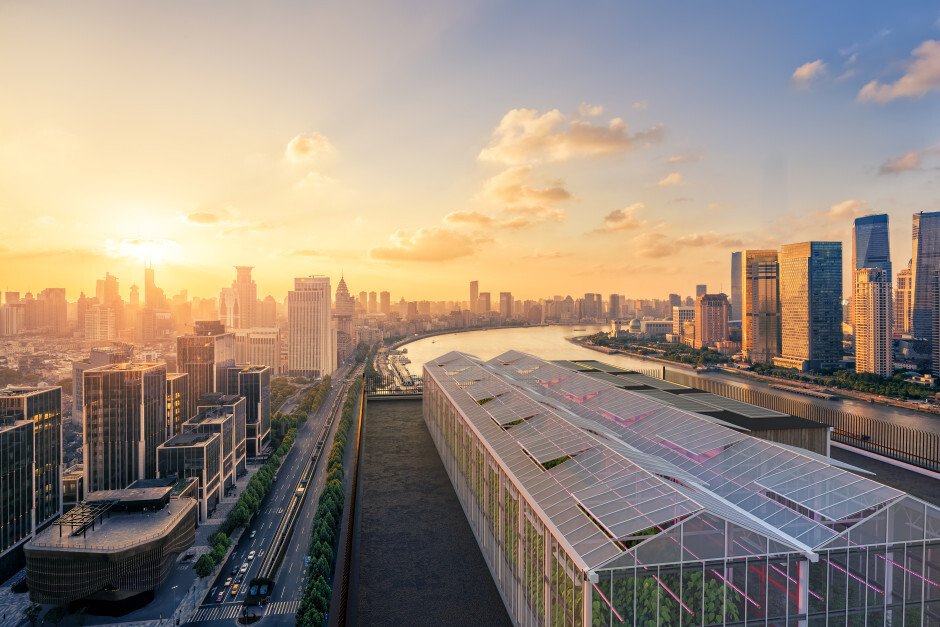
Greenfood and Agtira sign a new framework agreement - will build urban farms to meet the growing demand for sustainable, locally produced food
Vegetables grown locally in a vertical urban environment - in closed water systems without access to sun or acres of land. Greenfood has signed a framework agreement with food tech startup Agtira to create the future of urban farming. Agtira will build urban cultivation systems in ten strategic locations around Sweden. The goal is to meet the growing demand for sustainable, locally produced food - during both summer and winter.
As the Earth's population increases, so does the amount of land under cultivation. Vertical farming methods, combined with technology such as artificial intelligence, are one solution to meeting the challenge of future food production. Crop growing can be established in urban areas and provide consumers with vegetables locally and efficiently, around the clock and all year round. Now the food group Greenfood and food tech startup Agtira are taking a big step together towards more resource-efficient and sustainable food production. The companies have signed a framework agreement to establish urban cultivation systems in at least ten strategic locations around Sweden. These urban farms will satisfy Swedes' increased interest in locally produced and sustainable food.
"This technology is part of a sustainable future. By combining tech with vertical crop growth, these ten urban cultivation systems will both reduce food transportation, reduce water consumption, and increase the degree of self-sufficiency locally," Ted Stenshed, CEO of the Greenfood Fresh Produce business area, said.
Vertical cultivation in urban environments is based on height. There are several advantages to this type of cultivation; for example, direct sunlight is not needed, as cultivation is supplied with LED lighting; in addition, 95 percent less water is used compared to conventional farming. The new cultivation systems are being developed and built by Agtira. The company has the task of establishing and operating the production units which then, via Greenfood's established distribution network, supply customers with vegetables.
"With the help of modern technology, we can, together, produce healthier and more sustainable food, around Sweden. Smart farming systems will play a central role in Sweden's future development of sustainably produced food," said Mattias Gemborg, CEO of Agtira.
"Innovation has never been more important. The entire food industry needs to take important steps towards sustainable development. Therefore, we continue to establish collaborations and partnerships to strengthen and share our ability to innovate and contribute to sustainable growth," said David von Laskowski, President and CEO of Greenfood Group and Picadeli.
The Group's food tech company, Picadeli, for example, has developed an ordering system that uses artificial intelligence (AI) to create sharp, accurate forecasts and reduce food waste in its salad bars. The new cultivation system from Agtira also uses AI, but to optimize growth, quality and control of the products grown. The system's sensors analyse data with great precision and can predict any problems with the harvest.